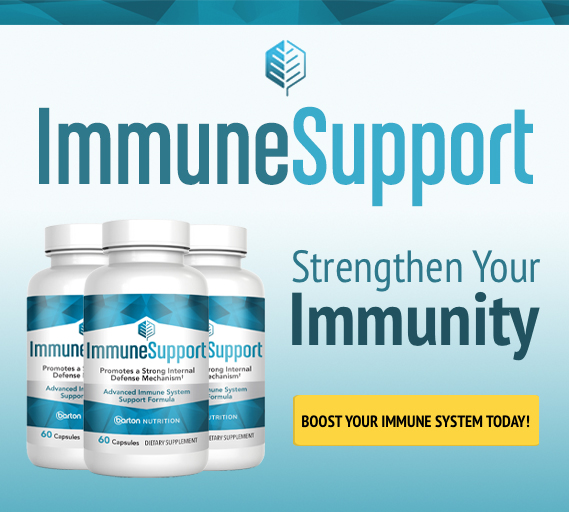Turmeric: The Golden Goddess
Could Indian Food Help Fight Pain?
Within the cornucopia of medicinal plants, few possess such a wide spectrum of qualities and medicinal uses as turmeric. It has been used to treat a myriad of disease and ailments around the world for countless centuries. The active ingredient in turmeric, curcumin, is known for its powerful anti-inflammatory effectiveness, but is also praised as an alternative analgesic, antibacterial, antibacterial, antiseptic, anti-tumor, anti-allergic with many other healing qualities now being recognized and understood by modern science.
The fragrant, yummy dishes featuring turmeric has more going for it than just flavor. Curcumin gives turmeric its orange-yellow color and acts as an anti-inflammatory that involves blocking cyclooxygenase-2 (COX-2), the target of non-steroidal anti-inflammatory drugs (NSAIDs) like Celebrex (celecoxib) and Motrin (ibuprofen). It has even been linked through research to help fight against cancer by neutralizing those substances and conditions which can cause cancer, helping a cell retain its integrity if threatened by a tumor, and if a tumor does grow the curcumins can often destroy it.
Turmeric has also been advocated for use in treating diabetes, as curcumin can increase insulin levels. As a powerful anti-inflammatory herb in supplement form, turmeric has been shown to be helpful in the treatment of arthritis, rheumatoid arthritis, osteoarthritis, injuries, trauma, and stiffness from both under activity and over activity. Whether suffering from an acute or chronic disease, aches and pains, bumps and bruises, or as preventative maintenance, turmeric can and should be utilized by everyone on a regular basis.
Through an independent testing lab, turmeric supplements were tested for quality, indicated label amounts and purity. One product tested lacked the expected amount of turmeric and is therefore unsafe for consumption:
- Paradise Herbs & Essentials Turmeric
The following turmeric products below met all quality standards and are recommended as part of your anti-inflammatory supplement program for your pain free diet plan from our Home Cures That Work.
- GNC Herbals Plus Standardized Turmeric Curcumin
- Natural Factors Turmeric and Bromelain
- Nature’s Life Turmeric Ginger Joint Ease
- Nature’s Way Turmeric
- Paradise Herbs & Essentials Turmeric
- Solgar Turmeric Root Extract
- Vitamin Shoppe Standardized Herbs Turmeric Extract
Diets high in the spice turmeric will provide about 60 to 100 mg of curcumin per day, although supplement doses used therapeutically are typically several times higher than this.
It has been said, “If I had only a single herb to depend upon for all possible health and dietary needs, I would without much hesitation choose the Indian spice turmeric.”
Share your recipes and meal plans with turmeric that cool the inflammation fires and help ease the pain with the right foods!
















